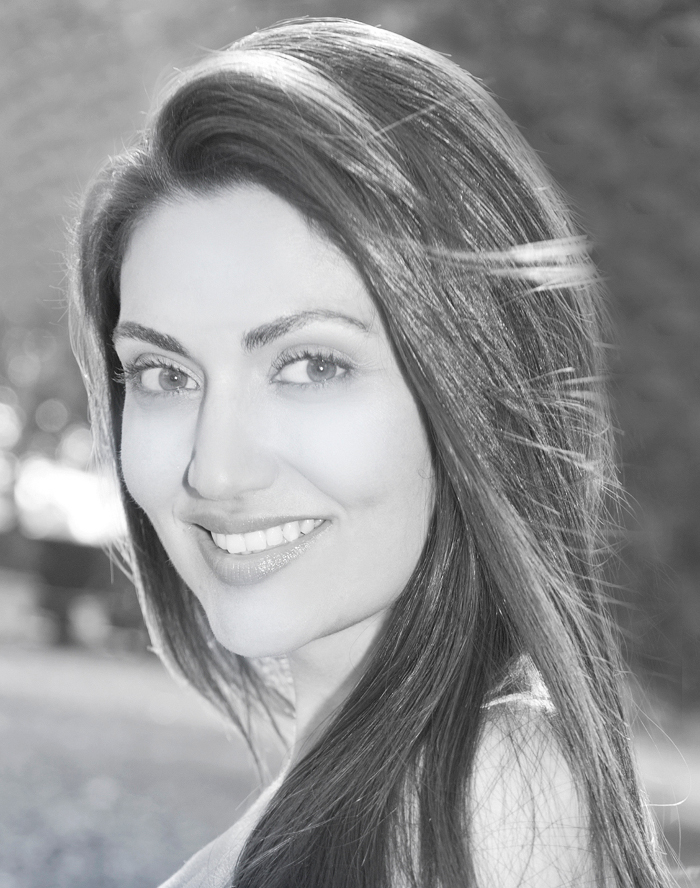
About your journalism
What do you write about?
I am a qualified lawyer, so I began writing on corporate, regulatory and legal topics. More recently I have branched out into health, training, education and industrial relations.
Where are we likely to see your work?
Most likely in The Times; I write regularly for their weekly supplement The Workplace Review, published by Thomson Reuters and a very long list of training, language and technology publications.
What’s the most memorable work you’ve done?
I have been very lucky to interview some fine leaders such as the Attorney General, Dominic Grieve, Head of the Australian Council for Trade Union Ged Kearney and the talent heading Jamie Oliver’s apprenticeship training scheme.
What interview or feature would you love the chance to do?
An interview with Shirin Ebadi would be incredible – to talk to a human rights champion who is such an inspiration. A day in the life of Christiane Amanpour would also be a dream come true, of course!
About you and PRs
How can PRs be useful to you?
Freelance journalism can be very isolating. On top of this, the stagnant economic climate means we need to fight harder to be noticed and pitch our ideas. PR provides a fantastic platform to showcase our ‘wares’ and connect with those relevant to our industry.
How and when do you like them to get in touch?
With the ingenious power of the smartphone, a simple email can go a long way.
Do you find press conferences, trips, parties and other events useful or an interruption?
There is no right or wrong approach when it comes to industry events. Ten years ago when I started out I would fill my week with three or so events, either at lunchtime or after work. However, now that I am more established, I tend to pick and choose depending on whether investing time in the event will add value to my contribution as a writer, or whether it is just good plain fun.
If you could make one change to the way PRs deal with you, what would it be?
I enjoy the email updates but I think PR can only do so much; at the end of the day we as freelance journalists need to be proactive.
About you
How would you pay the bills if you weren’t a journalist?
There wouldn’t be any bills to pay, because I would be off traipsing through South America on a shoestring budget.
If we gave you £1000, how would you spend it?
I would give half to www.seashepherd.org to help with their anti-shark finning campaign and the rest would go to the travel adventure mentioned above.
Do you tweet? Why, why not?
A lot of freelance writers and bloggers can’t believe it when I say I rarely tweet. I spend all my spare time on finishing my first novel, 'Grip', which I am completing thanks to an MA at City University.
What books are on your bedside table, magazines in your bag, or blogs on your screen?
'Capital' by John Lancaster is on the bedside table, 'The Imperfectionists' by Tom Rachman is in my book bag, and an online learning blog is on my screen.